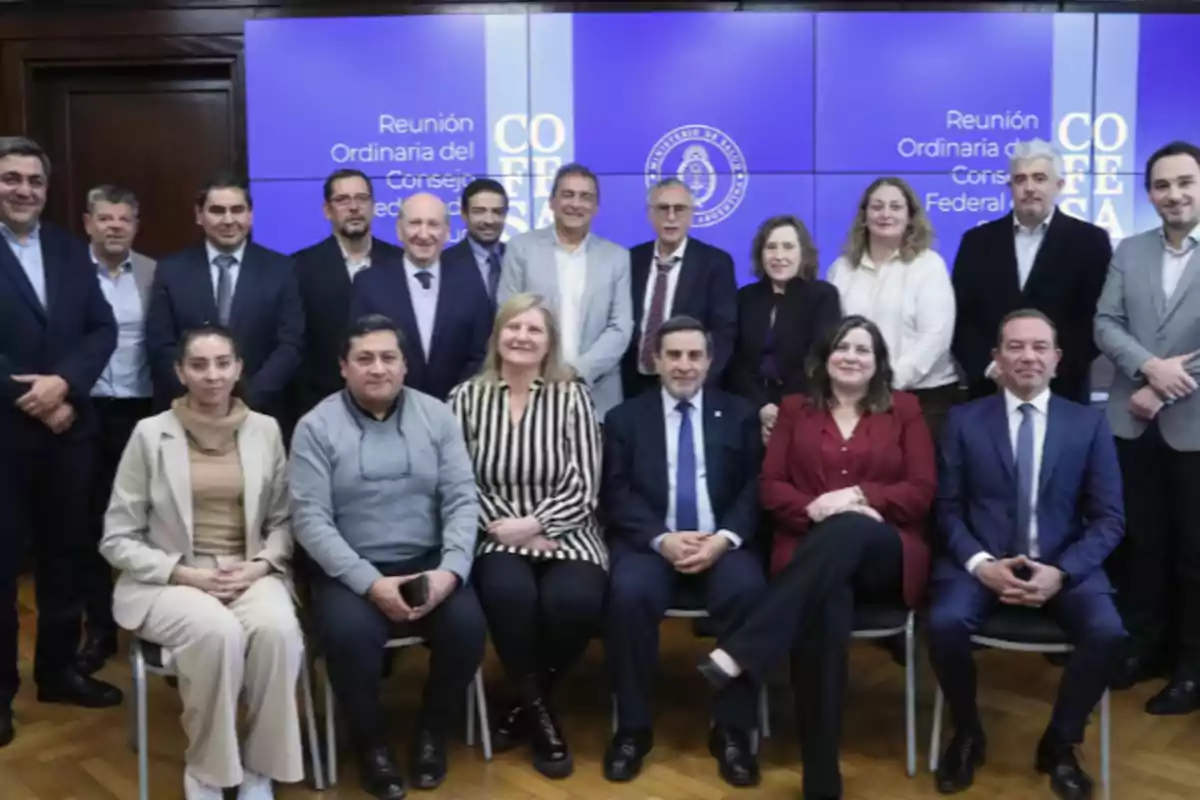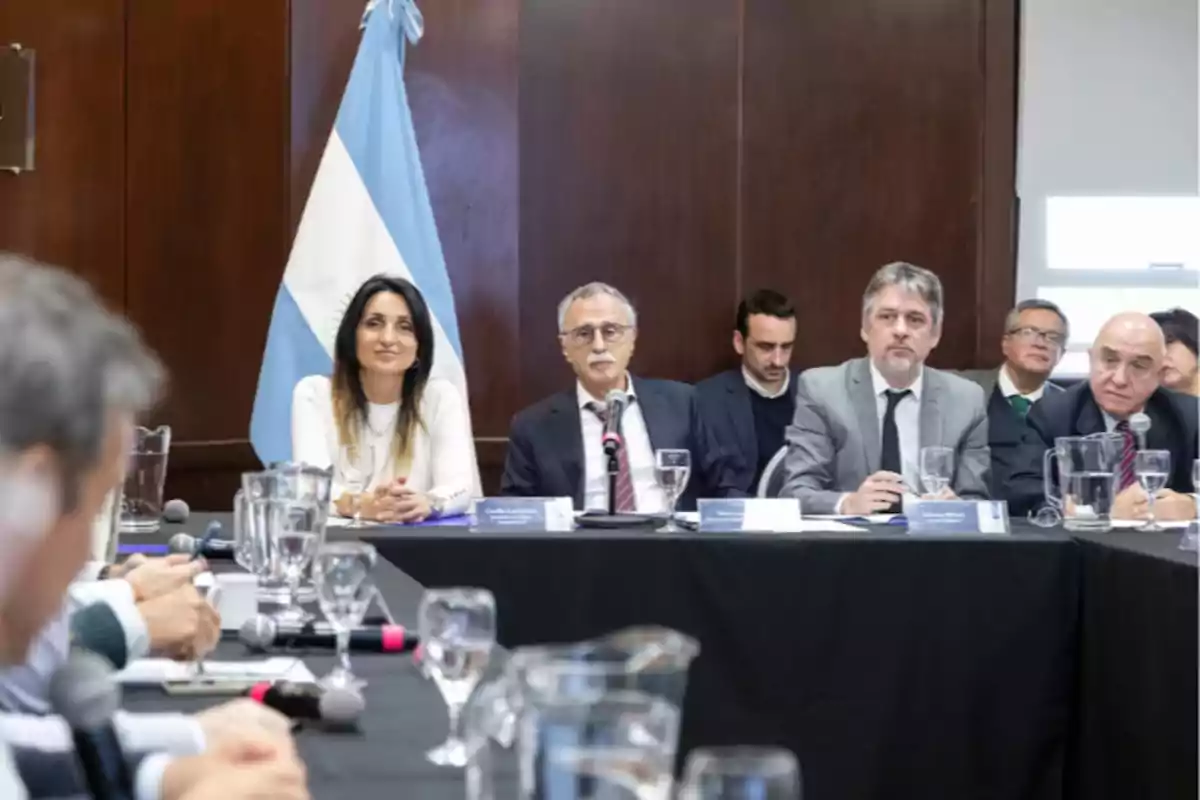
In 2026, the provinces will administer their own entrance exams for medical residencies.
After the fraudulent exam scandal, the system is decentralized and provincial health autonomy is strengthened
The medical training system in Argentina will undergo a historic shift starting in 2026. In a move that consolidates provincial autonomy and responds to a long-standing postponed demand, each jurisdiction will organize and fund its own medical residency entrance exams. The measure, adopted at the latest meeting of the Federal Health Council (COFESA) led by national minister Mario Lugones, comes after the scandal over fraud in the 2025 Unified Residency Exam.
"The health system is jurisdictional. Only each province knows what kind of doctors it needs for its population. This was the last group of doctors whose residency scholarships were funded by the Nation. From now on, the exams will be administered and funded by the jurisdictions," Lugones stated, emphasizing that health and professional training must adapt to local realities.

The decision not only ends the centralized scheme but also addresses the irregularity detected in the latest call: none of the 117 applicants who had to retake the exam managed to maintain their original score, and 109 of them were foreign nationals. In response to this situation, the Ministry of Human Capital, led by Sandra Pettovello, ruled that only those graduating from universities registered with the World Federation for Medical Education (WFME) may apply, ensuring international quality standards and blocking degrees with low academic requirements.
Provincial ministers supported the measure, stressing that it will allow for the training of specialized doctors according to the epidemiological, geographic, and health needs of each region, strengthening the system's efficiency and care for the population.
At the same meeting, Deputy Minister of Health Cecilia Loccisano presented achievements in the provision of high-cost medications and special drugs, managed by the National Directorate of Direct and Compensatory Assistance (DINADIC). Thanks to the implementation of new regulations and procurement processes, the Government achieved savings of USD 40 million.

"Patients who come to DINADIC do so in a situation of extreme vulnerability, because neither their health insurance nor their jurisdiction could support them. Now, procedures can be initiated online and the provision time has been reduced from six months to 35 days; in urgent cases, to just 10 days," Loccisano explained.
Another key development was the update of food regulation. Decree 538/2025 ordered the dissolution of the National Food Commission (CONAL), transferring the update of the Argentine Food Code to ANMAT and INAL, and to SENASA when appropriate. "This measure allows for reduced bureaucracy and faster decisions based on scientific evidence," stated Mónica López, director of INAL.
A survey by this entity detected artificial colorants in more than 5,000 processed foods, with 40% containing Sunset Yellow and Tartrazine, additives linked to allergies and food sensitivities.
The COFESA agenda also included the national epidemiological situation. The need to strengthen vaccination in the face of a measles outbreak and to coordinate with schools to identify children without immunization coverage was discussed.
In terms of mental health, National Director Liliana González presented progress in the epidemiological surveillance of suicide and suicide attempts, highlighting the importance of this monitoring for prevention and comprehensive intervention.
More posts: